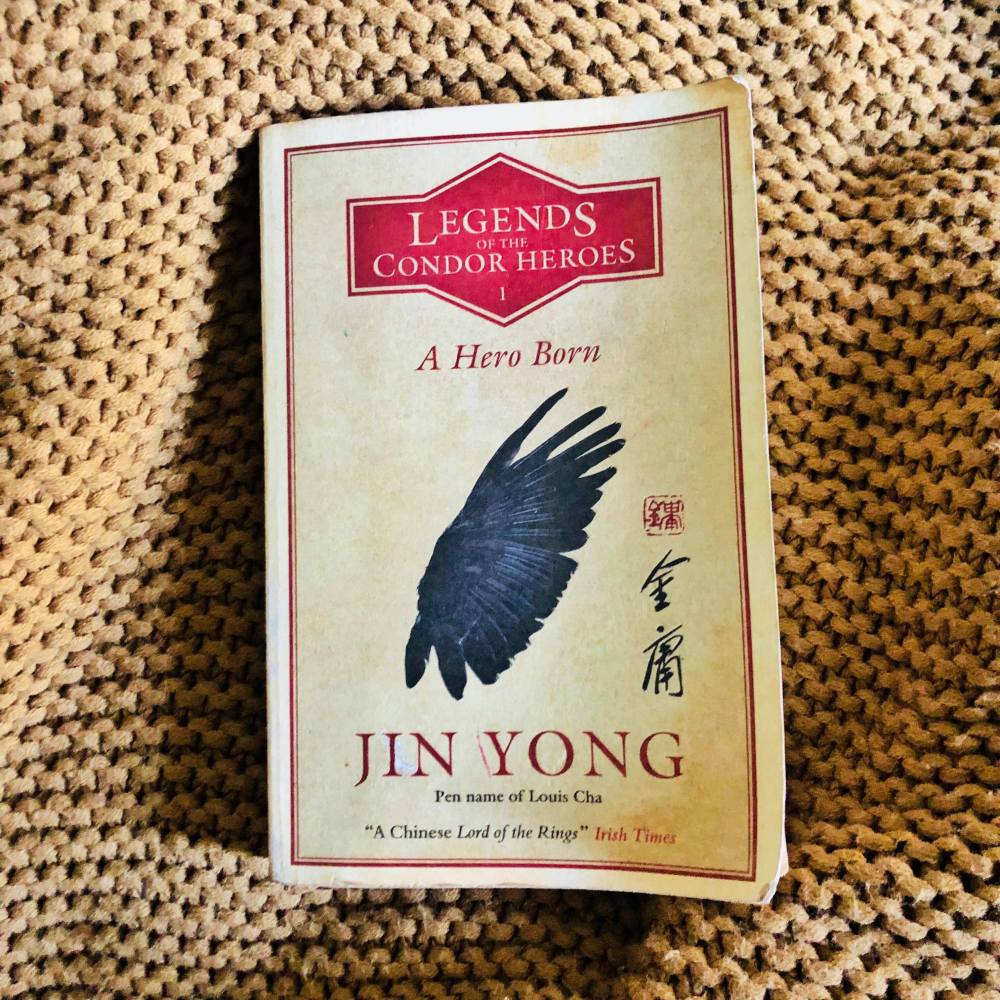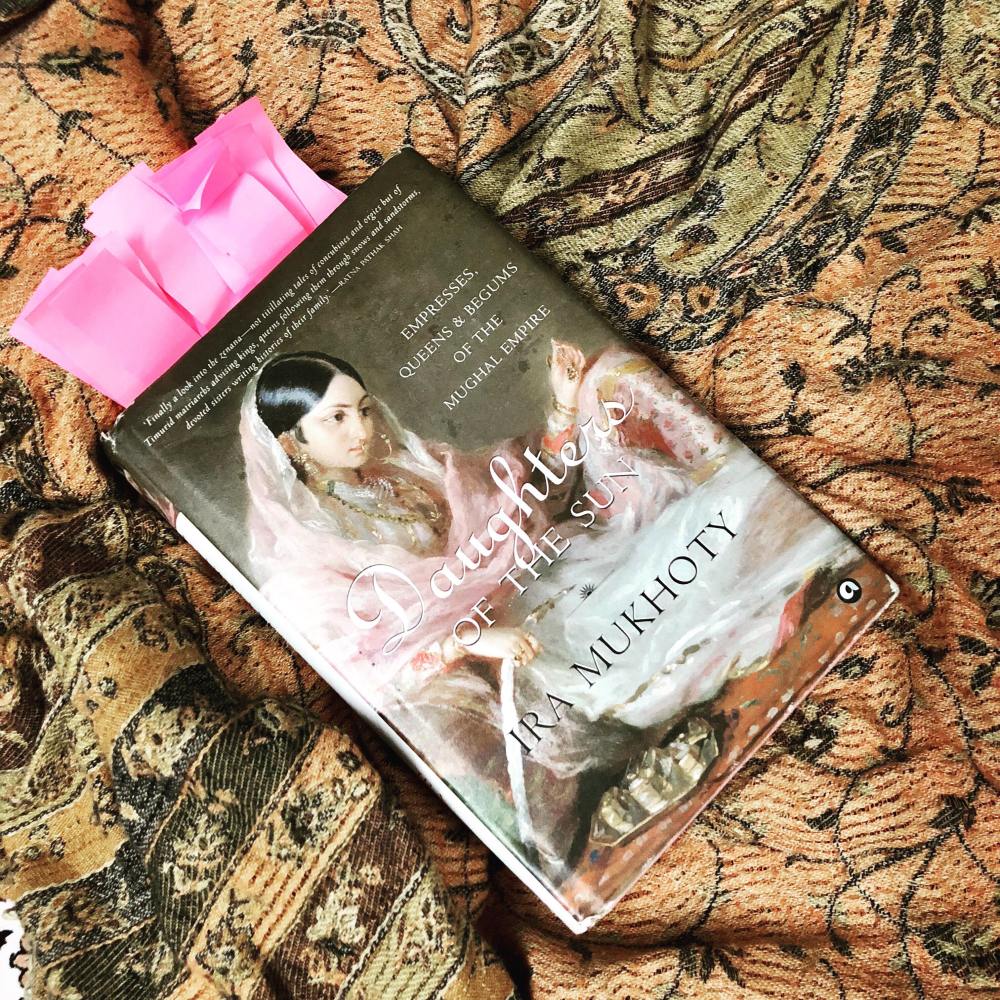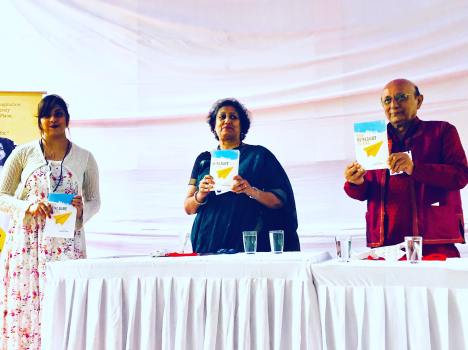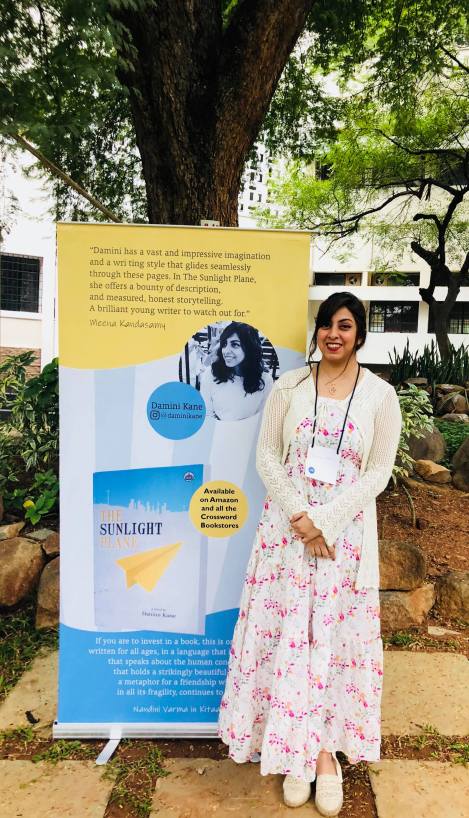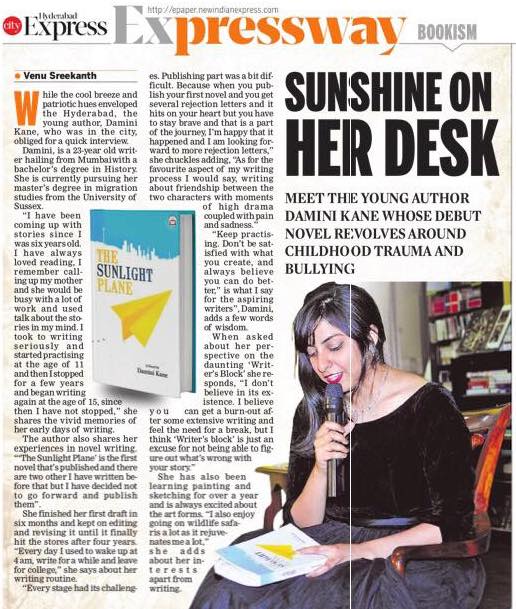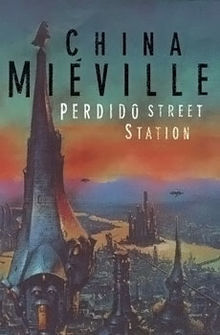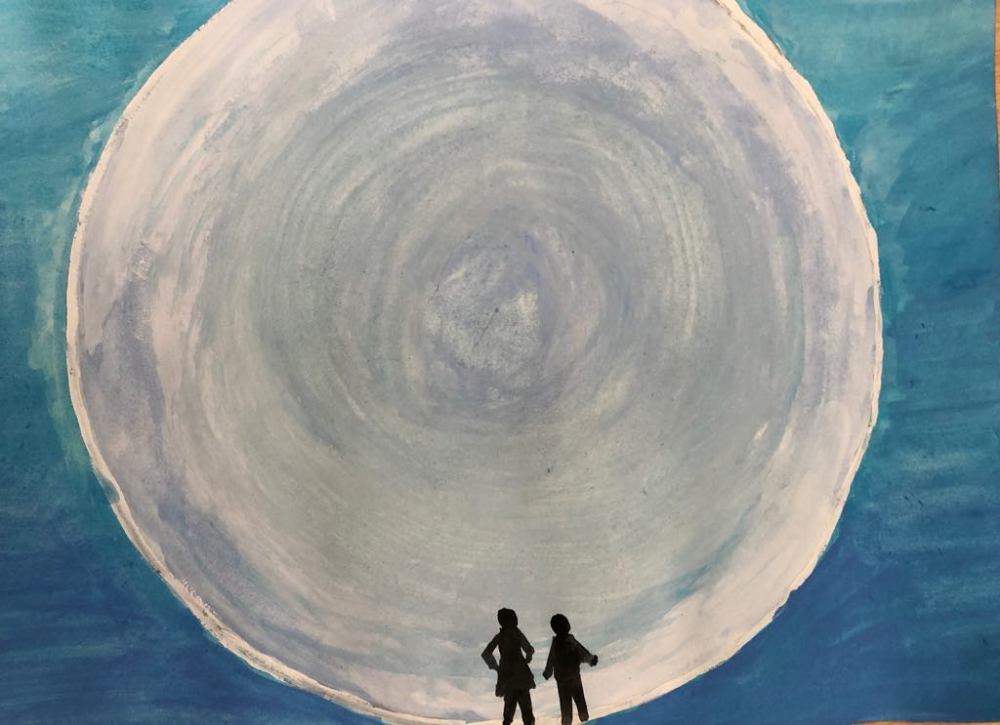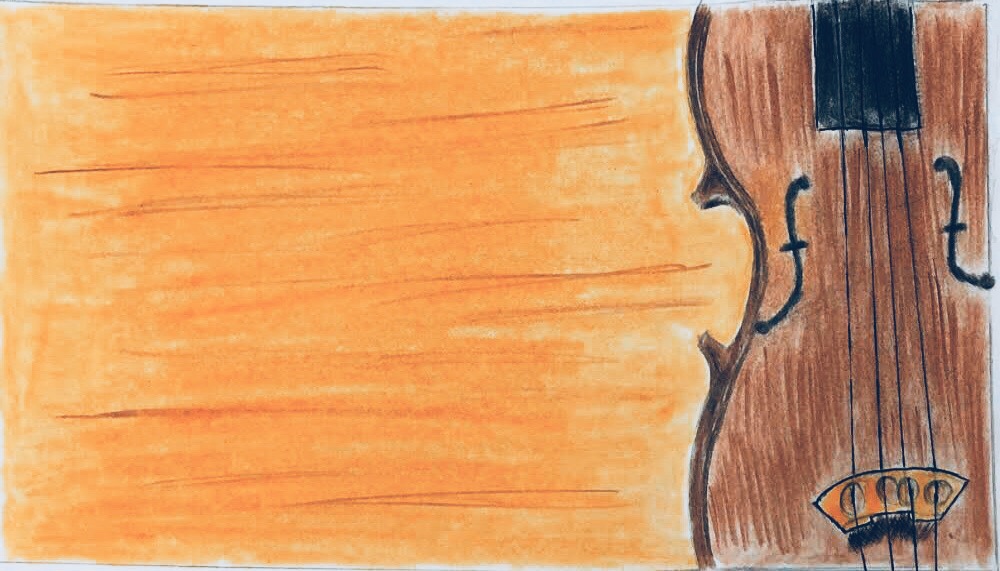Peoli War
It’s February! Time for this month’s short story! (For those of you who don’t know, I’ve challenged myself to write at least one fantasy/sci-fi short story each month, a challenge for me because I can never keep things SHORT.)
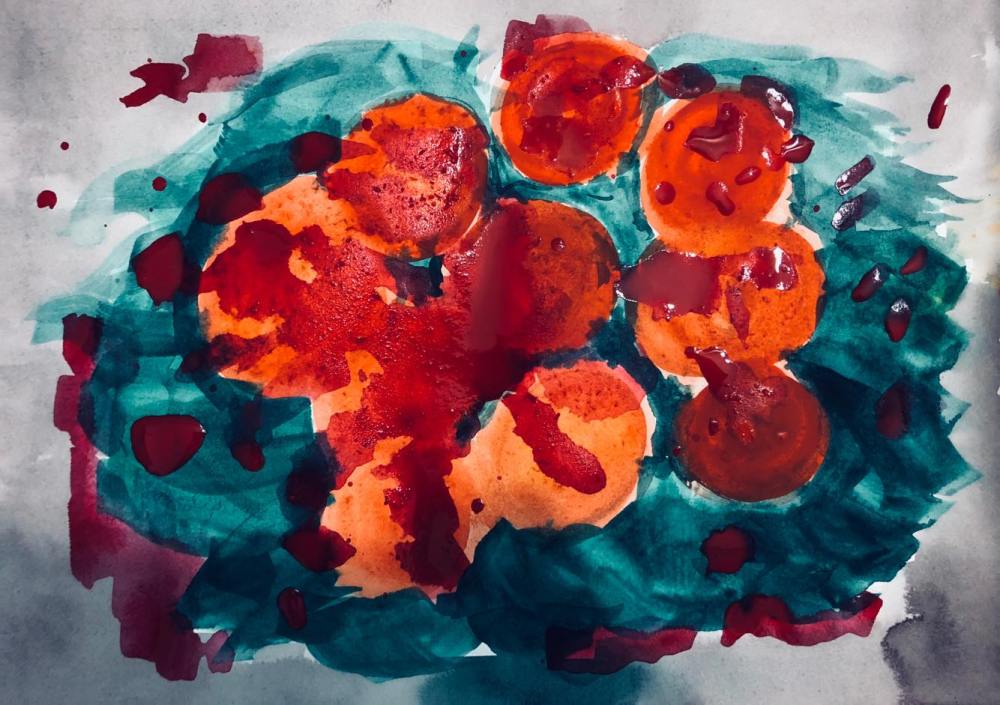
Summary: There once was an island. Now it is dead. This is the story of a fruit that killed it.
Science fiction/Drama
Content warnings: Violence
Dear Arahi,
Forgive me the length of this letter. I drafted many a brief response, but there are no small ways to answer your question, and at any length, my story is not one I like to cut down. We are the stories we tell, and mine is a long one. I can tell you this because censorship has been repealed, and (I don’t think) they intercept letters anymore. The news these days is filled with this ‘fall of an empire’ narrative, which is heartening, because of course, the empire needed to die. They talk about liberating the colonies, from Yasi to Trellden. These are all large places, diverse and full of people. I feel for them, I am happy that they get their freedom.
I am also sad, for you were right—the first time we met, you told me I don’t sound like a colony-native. My accent, the colour of my skin, it all sets me apart. I’m not from the Four Small Nations our empire had conquered. You probably haven’t even heard of my hometown.
I was from the island of Wywinnie. It is dead now.
But let me start from a beginning that works for you.
Wywinnie was an island four miles wide, flanked on all sides by turquoise blue waters. The sea was so clear that on a good day, you could be lying on a boat at the surface, and you could see the reef and its thousands of fish down below. Our diet consisted mainly of the things we dragged out of the water. We would eat various kinds of itlehen (a species of fish now extinct), eel, sometimes even shark. Our island had no livestock, so aside from the seafood, we ate no meat.
What we did eat, however, was peoli. The orange, pumpkin-shaped fruit you find at any market. A single copper coin would buy you three, and you could feed a whole family on just that much. Peoli was indigenous to our island. It used to grow wild on long, wooded plants that were always bowed with the weight of their crop. The best peoli on our island, however, did not grow wild. It grew in our backyard.
Our father was the island’s most successful peoli farmer. From the crack of dawn until well past sunset, he would dig, plant, water, and chop, lugging huge sacks of compost to fertilise the plantation. I call it a plantation, but as I said, these trees grew in our backyard. We had ten, growing in two straight lines that created a natural canopy. It gave us some privacy. My younger brother Naro and I would play our silly, childish games and no neighbours could eavesdrop.
In those days, our father was the only man on the island with a motorised transport carrier: a small cargo ‘truck’. He would put sacks of peolis in the back, and we would climb in and sit with them. He said our job was to watch that the fruit didn’t fall or get squashed, but I think he knew we just enjoyed it. The truck wasn’t very fast, but we would still love the feeling of the wind and sand in our hair. Sometimes we stretched our arms out and pretended we were flying.
At this point, I must come clean and confess that I have never liked peolis. They were a staple of our diet, but I hated the way they smelled, the strange saltiness of their taste. As you can imagine, it was all we ate at home, and I would fight with my mother every day because she would always make the same dinner. My father never complained, and my brother was too simple to argue.
In those days, there was no school like there is now. Our island passed down knowledge from elder to child, and not in institutions. I still do not know which system is best. I have lived a life undoing many indoctrinations, and I am suspicious of anyone who tells me they know better. These days, I only trust information I find out for myself. Of course, when I was a child, there was no such nuance, and we had no need to question the powers that were. My brother and I would walk to Aunty Milri’s house, where we would sit under a short little tree in her yard with our friends, and listen to her talk about the gods we believed in. I still remember their names…perhaps I shall regale you with their stories some other time.
Our village functioned entirely on its own, uncaring of the world beyond the sea. Once, a lover told me that was our fault. That we deserved what we got, for there is no greater sin than the sin of ignorance. That saying works both ways. I had called him an ignoramus and a fool, and had kicked him out of my house. I think it is very easy to blame a victim of a crime, but it was no crime to live in our own ways.
In any case, I have realised I am safer when I am alone.
Because we had no formal schooling, we had no summer break, and our days stretched wondrously on, following the calendar of the moon. My brother and I would spend our free time at the beach. I was a particularly good swimmer, but he struggled and stayed near the shallows. He loved collecting sea shells, and being the good older sister that I was, I would swim as deep as I could to find him some nice ones. Some days, he would get bored of sitting at the shore and watching me swim, so he would get up and leave. I never minded. In an island where everyone knew everyone else, I relished these moments spent in my own company.
One evening, I sat on the shore long after the sun had set, the sand in my hair and sea salt drying on my skin. The moon was perfectly circular, as white as a new-born tooth. It cast a grey light over the beach, and in the silhouette, I saw a small boat dock. The fishermen sometimes came back late, so I ignored it and later went home, but thinking back, I believe I was the only one to witness our killers arrive.
The next day, my father took my brother and me to the market, as usual. I was in my fourteenth year, and my stomach hurt from pre-menstruation cramps. As my father and brother set up the peoli store, I wandered around the stalls, saying hello to all the people I knew. Eventually, I found myself approaching the stall of an old woman I had never seen before. I forget her face, but she introduced herself as the grandmother of a friend, she said she lived in the mainland.
I had never known anyone from the mainland before.
“What is it like?” I had asked.
“Oh, the things they have!” And she told me about flying cars and potions that could cure any disease, of beautiful clothes and pictures that could move. I sat with her for a long time, and in the end, she asked me if I would like some peoli seeds. “Your father is a farmer, right?” She handed me a cloth pouch tied with strings. “I have these seeds from the mainland. They grow the best peoli in the world. Surely your father would appreciate it.”
Later that night, I gave my father the pouch. He took some seeds in his hand, frowning suspiciously. “Who gave these to you?”
“The lady in the market. Alilia’s grandmother from the mainland. They’re supposed to be the best seeds in the world.”
My father was an easily convinced man, and he loved his work. He planted them the very next morning.
Nothing happened for a week, and I didn’t see the old woman or my friend. They’d left for the mainland together, said Aunty Milri. I was happy for Alilia. Her parents had both died when a snake attacked their home, and poor Alilia had been left all alone. I wondered about all the things she was doing now that she was on the mainland, but I couldn’t even imagine. It seemed like a magical world to me. Perhaps I was a little jealous of her.
A week later, the newly-planted peoli seeds had given rise to saplings. The next day, they were sturdy plants. Two nights later, they had blossomed into fully-productive trees. My father had never seen growth like this, he couldn’t stop smiling. The peolis that grew from these plants were enormous. Twice the size of a human head, and as orange as the setting sun. I still couldn’t stand the smell of them. I barely had a taste, but my family devoured them as I nibbled on some fried fish instead. The next day, we took the remaining peolis to the market, where my father had quickly outstripped the others in terms of sales. He had always been an excellent businessman, selling good things for cheap and profiting from volume. Very soon, everyone on the island had eaten these Mainland Peolis.
The first murder happened at the break of dawn. The wife of the village chief had been stabbed twelve times. The man himself had vanished. The elders set out search parties that took them into the woods. My father went among them. As children, we were not allowed to leave the house, lest something happen to us too.
It was a long day, and then a long night. My brother and I were clueless as to what was happening outside, but when our father did not return the next day, our mother set out to look for him. She found a commotion at the village square. All of the men who had gone looking for the murderous village chief had been killed themselves. In an orgy of violence, they had set upon each other. One lone eye-witness had survived, though he had been cut with an axe. He narrated the tales of horror: of men turning to utter savagery as they mauled each other in the dark of the foliage. I could not imagine my kind-hearted father ever lifting a hand on us, much less killing anybody else.
My mother wept when she told us the news, and we all wept together. Nowhere seemed safe anymore. I found my brother kicking our peoli trees, and I watched as overripe fruit fell from the branches. There was no-one to pick them anymore.
To our terror, the violence did not stop. People had turned on each other. Village meetings ended in arguments, fights broke out, weapons were raised. Blood ran through the street. Neighbour turned on neighbour. We were not allowed to go to Aunty Milri’s house any more. In the chaos, the market closed down, and our peolis rotted in our backyard, for there was no one to buy them. My mother and brother still ate, but since my father had died, I had lost all appetite. I could only stomach a little bit of rice every day, plain, with just a dash of salt. One evening, disgusted by the stench that lingered in our backyard, I set up a bonfire and burnt the rotting peolis. As I watched them disintegrate, I heard a terrible noise.
It took me only seconds to run back inside, but I saw a pool of blood, and my mother lying on the floor with a cooking knife in her chest. My ten-year-old brother had red hands, and wide, wild eyes. He turned to me.
“What are you doing, Naro?” I squeaked. “Stop it, what are you doing?!”
He took the knife out of our mother’s body and pointed it to me. “Voices in my head,” he whispered, “tell me to kill you.”
And I ran. I did not think twice. I did not know what he was talking about, though deep in my heart, I think I was very well aware. I know now that the Empire had considered us a hindrance and didn’t want to waste resources eradicating our people. The island was strategically located, and they needed it. Instead of sending ships and armour, they sent bioengineered psycho-manipulative seeds. They knew what we ate, and they used it against us. This was much cheaper. They only had to sit back and watch us decimate each other.
The operation was called Weeping Blood. I have personally discovered this by trawling through illegally acquired records. At that time, I didn’t know anything of the world, only that I had to escape mine. The only way to leave an island is to dive into the sea, and I threw myself into the water and swam. My brother followed, but he drowned before he could reach me.
I was near death when a fisherman’s boat found me. They were kind people, taking me to their fishing village in the mainland, plying me with milk and medicine. It is from there that my second life began.
To this day, the sight of peolis fills me with a vitriolic disgust. I used to blame myself, for it was I who took those seeds to my father. It was I who was manipulated first. Even if I never ate those dangerous, modified fruits, it was I who paved the way for the destruction of my people.
But then, to carry the weight of extinction on your back is an impossible feat. I try to console myself. How could I have known? I was just a child overpowered by the will of an empire.
In the briefest possible terms, that is my story. It’s where I was forged. I have lived a life of enormous silence, and I still keep a million secrets to my chest. But the empire is gone now, Arahi, and I will answer any more questions you have for me.
I hope you have found this letter useful, and expect you’ll be sensitive in the retelling of this account in your book.
Best,
E.
